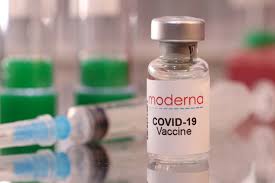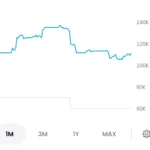Moderna, the biotech company best known for its mRNA COVID-19 vaccine, is making significant progress in developing a vaccine for norovirus, commonly known as the stomach flu. The vaccine, which leverages Moderna’s mRNA technology, could address a widespread and highly contagious illness that affects millions of people annually.
Key Developments
- Norovirus Overview:
Norovirus is a highly infectious virus that causes vomiting, diarrhea, and abdominal pain. It is responsible for approximately 685 million infections and 200,000 deaths globally each year, particularly affecting children and the elderly. - Moderna’s Approach:
Using the same mRNA technology behind its COVID-19 vaccine, Moderna is developing a candidate that trains the immune system to recognize and fight the virus. The company has shared promising preclinical data and is advancing to early human trials. - Global Impact Potential:
A successful vaccine could dramatically reduce hospitalizations and healthcare costs associated with norovirus outbreaks, which are common in schools, nursing homes, and cruise ships.
Expert Insights
- Vaccine Challenges:
Developing a norovirus vaccine has proven difficult due to the virus’s genetic diversity and its ability to evade immune responses. Moderna’s mRNA platform offers a novel method to target multiple strains simultaneously. - Public Health Significance:
Dr. Anthony Fauci, in a recent statement, noted that a norovirus vaccine could have a transformative impact on global public health, particularly in low-resource settings where the virus disproportionately affects vulnerable populations.
Competitive Landscape
Moderna is not alone in this endeavor:
- Pfizer and GSK are also working on norovirus vaccine candidates, though their approaches differ from Moderna’s mRNA-based method.
- Moderna’s rapid development timeline and innovative technology give it a competitive edge, potentially positioning it as the first to market.
Moderna’s progress in developing a stomach flu vaccine marks a significant step in addressing a major public health challenge. If successful, the vaccine could save lives, reduce economic burdens, and highlight the versatility of mRNA technology in combating infectious diseases.










